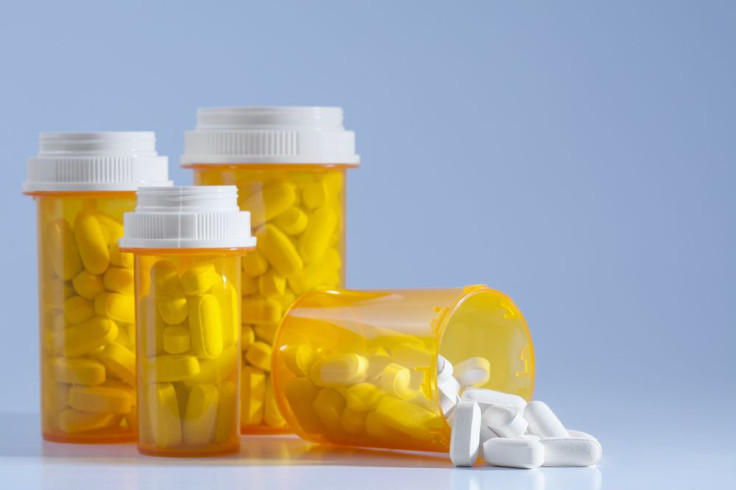Overusing Antibiotics In Childhood Linked To Weight Gain: What America Is Doing To Control Overuse

A recent study conducted by researchers from NYU Langone Medical Center has found evidence to suggest that repeated use of common antibiotics may have significant effects on child development and cause side effects like weight gain and the growth of larger bones. This is not the first study to suggest the dangers of antibiotic overuse, and America is currently developing ways to curb its dangerous reliance of these important medications.
For the study, which is now published in the online journal Nature Communications, researchers treated female mice with two classes of widely used childhood antibiotics. As reported in a press release, the mice were given courses of amoxicillin (a broad-spectrum antibiotic) and tylosin (a drug similar to the popular macrolide antibiotic class) that mirrored that same therapeutic dose the average child receives in the first two years of their life. A control group of mice were given no drugs at all.
Results showed that high-doses of tylosin had the most pronounced and long-lasting effect on weight gain, while amoxicillin had the biggest effect on bone growth. Both antibiotics, however, were observed to significantly influence the mice's natural gut microbiome — the trillions of microbes that inhabit the intestinal tract and the microbial genes which are linked to specific metabolic functions.
"They changed the ecology of the microbiome in terms of the richness of the organisms, the diversity, and also what we call the community structure, or the nature of its composition," Martin Blaser, the study’s senior author, explained in the press release.
The study also found that mice treated with tylosin were less able to adapt to high-fat diets than non-medicated mice, suggesting that exposure to antibiotics may have made the gut bacteria less adaptable to environmental changes. All these changes seemed to increase as the mice were given more courses of antibiotics. This suggested that the drugs had a cumulative effect that may be especially disruptive during the critical window of early development.
"We get a little interruption of the maturation process after the second course of antibiotics, and then we have even more interruption after three courses," explained coauthor Laura M. Cox in the press release.
Although these conclusions were made from animal studies, the researchers involved believe similar results could be found in humans. "We have been using antibiotics as if there was no biological cost," Blaser said.
This report is only one of many highlighting the consequences caused by antibiotic misuse. Our society’s obsession with these drugs has also led to a problem known as antibiotic resistance, a problem which according to the Centers for Disease Control and Prevention will kill as many as 10 million people a year by 2050.
One of the most effective ways to prevent further damage caused by antibiotic misuse is to curb the amount of antibiotics currently taken by the public.
Government programs such as the CDC’s Get Smart for Healthcare program aim to help ensure that hospitalized patients receive the right antibiotic, at the right time, and for the right duration. President Barack Obama has also implemented a five-year national action plan which aims for a 50 percent reduction in inappropriate antibiotic use in doctor’s offices and a 20 percent reduction in hospital use by 2020, CNN reported.
Source: Blaser MJ, Cho I, Yamanishi S, et al. Antibiotics in early life alter the murine colonic microbiome and adiposity. Nature. 2015.
Published by Medicaldaily.com



























